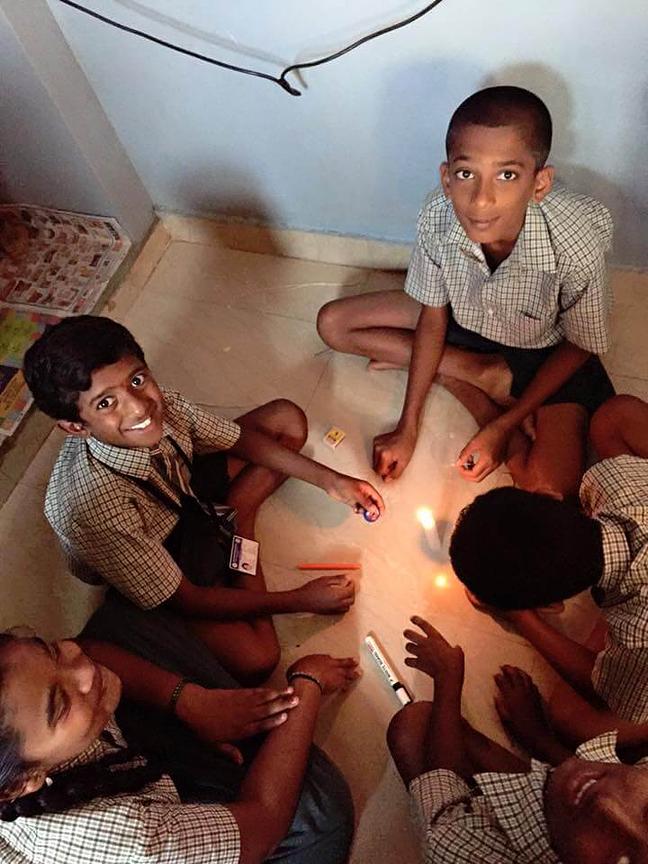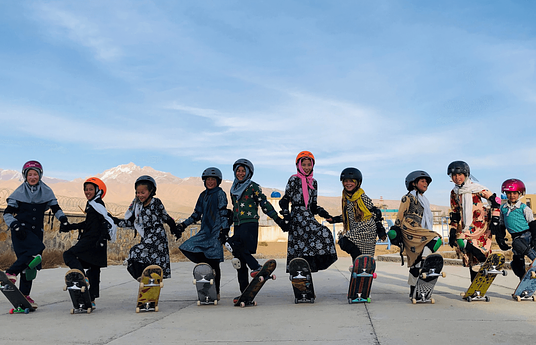India and other developing nations struggle with high rates of teacher absence and student dropouts in rural schools. Addressing this means finding ways to educate young people without the aid of government officials and teachers.
We also need to explore different learning systems that allow people to learn for themselves - with the internet at our fingertips, it's time to see what we can master.
This becomes all the more important in communities that experience marginalization. Marginalization, in effect, reduces not only the opportunities wemay access, but also the confidence in doing so. Choices and the capacity to make choices are both attacked, and hence, we see looping cycles of social problems, from child labour to women being denied access to education and work.
Simply presenting more opportunities seems to have a limited effect, when work is not put into allowing the individuals to build their capacity to understand what they like and the life they would like to build. These opportunities currently providedbecome further cycles of limited options, which tend to deplete after a point.
For a community to escape its marginalisation, it needs space and time. It needs some resources to play with and explore. It needs sources of information and people around to support, in an attempt to build their lives together.
At Project DEFY: Design Education for Yourself, the mission is to change the way people think and ignite individual passions so students can believe in their abilities to educate themselves, others and their communities.
With a computer at hand, the community customizes a makerspace that fits their own requirements, and develops its own learning space, called a Nook. Projects can be anything - artistic, technical, or other - to fit each learner's own learning interests and experience.
Learners use the internet as their guidebook for learning. At the Nook, all ideas and information are shared and can be further developed by the community, which in turn can find ways to boost their economy.
Everyone can learn and contribute, meaning all community members can adopt both the role of the teacher and the learner. There are no set roles or hierarchies. As such, this creates a pure democracy system, where each learner designs his/her own education, while within a community context and influence.
Nooks are not the final educational destination. They play the role of providing the space and time, and some resources to help people to try and understand what interests them and what their needs are. Students build skills they are most passionate about and pursue knowledge that most interest them. Students try and fail and try again, without fear of judgment. Finally, students develop the confidence they need to make and pursue their choices. In essence, they learn “How to Learn”, and are supported by others doing the same thing.
Project DEFY is hacking the system from outside as well as within by partnering with organisations to build self-learning spaces within schools and universities too.
Impact
We are currently impacting more than 15000 learners.
Scalability
So far there are Nooks 29, 3 Nook Hub and 6 learning spaces inside universities across 5 countries. DEFY has been able to integrate the model with a state government in India demonstrating system-level integration that is key in achieving scale. Having partnered with several grassroots organisations DEFY is looking to scale through partnerships and integrating the model into different national governments.
Impact report:https://drive.google.com/drive/folders/1zP__fXmmPJb8xbFWDvzkJnziYacoRJcS?usp=sharing



